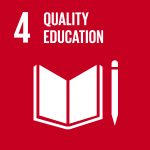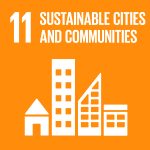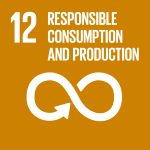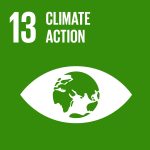Esta web utiliza cookies para que podamos ofrecerte la mejor experiencia de usuario posible. La información de las cookies se almacena en tu navegador y realiza funciones tales como reconocerte cuando vuelves a nuestra web o ayudar a nuestro equipo a comprender qué secciones de la web encuentras más interesantes y útiles.
Enhancing Universities’ Sustainability Teaching and Practices (EUSTEPs)
Description
Institution
Global Footprint Network
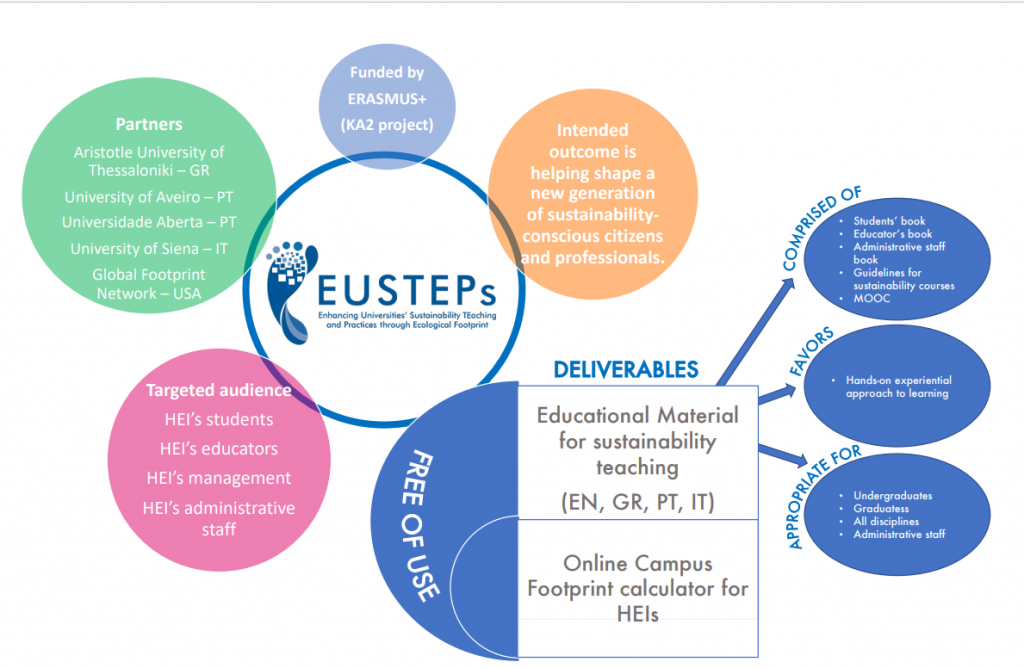
Organizations/areas of the university involved
Aristotle University of Thessaloniki (Greece), Universidade Aberta (Portugal), University of Aveiro (Portugal), University of Siena (Italy) and Global Footprint Network (USA)
Country
Switzerland
EUSTEPs aims to provide higher-education students and the wider academic community with a uniquely effective framework to understand, teach and practice sustainability through a collaborative experiential approach.
Launched in 2019, EUSTEPs is a 3-year project funded by the ERASMUS+ program. Scheduled for completion by August 2022, the project aims to help university students and the wider academic community learn and experience the interdisciplinary nature of sustainability in an engaging and captivating manner, while also supporting the assessment and reduction of the environmental impact of Higher Education Institutions (HEIs) through an experiential approach based on the Ecological Footprint (EF) concept. The ultimate outcome of the project is shaping a generation of sustainability-conscious citizens and professionals trained to assess and analyse human impacts, introducing an important professional expertise in our society.
The project addresses four target audiences: 1) Students from any field of study and any level (so they realize how sustainability relates to the whole spectrum of their daily activities), 2) Teaching staff (so they adopt novel teaching modules in their courses and disseminate them across other departments), 3) Administrative staff (so they actively contribute measuring and influencing the Footprint of their university and workspace), and 4) Managing bodies (so they can manage to reduce the Footprint of universities’ operations).
The key outputs of EUSTEPs are:
- E-learning platform: a set of teaching modules and a MOOC customized for the four audiences, aiming to be interactive, innovative and applicable at European level and beyond, supporting efforts towards SDG 4;
- University Footprint Calculator: an open-access online tool – jointly co-developed by academics, Ph.D. students, administrative staff, and NGO representatives – allowing users to identify HEIs’ unsustainability drivers and initiate a process of reducing their ecological impact, thus contributing primarily to SDGs 11, 12, 13.
As of April 2021, teaching modules and material for the four audiences have been developed, tested and finalised. Meanwhile, the calculator-building process is ongoing for completion by December 2020. Trainings and workshops have been organized since the start of the project engaging more than 15 universities from across EU, Latin America, and Asia. With the purpose of becoming a blueprint for HEIs sustainability teaching and practicing at European level (and beyond), EUSTEPs plans to engage with other EU universities for translating the teaching modules and the calculator in multiple languages of EU countries.
Results and impact measured or expected
5000 students and 143 professors (of which 88 from external universities) from about 30 countries have so far been involved with the project via 1) the teaching of the EUSTEPs module in the partner universities since the Spring 2020 semester, and 2) the organization of a training for educators and PhD students (September 2020) and a 1st dissemination event (January 2021). This latter event was co-organized by the EUSTEPs project partnership together with SDSN Mediterranean and SDSN Black Sea, while the educator training allowed bringing the module to Brazil (Paulista University) and Slovenia (University of Ljubljana), as trained professors decided to implement the module within their courses in early 2021. Beside module adoption by external universities, success in project implementation was internally measured via students’ feedback questionnaires and educators’ diaries (see link). Students attributed high effectiveness to the module, as they indicated it helped them increase their understanding of all the module subjects.
Connection with the SDG framework
EUSTEPs adopts a ‘learning-by-doing’ approach to equip university students and the wider academic community with science-based and systemic knowledge, digital tools, multidisciplinary skills, and a transdisciplinary mindset to participate in the societal efforts towards sustainability. EUSTEPs’ novel aspects are: 1) its focus on the wider academic community, targeting not only students and educators, but also administrative staff and management bodies to leave no one behind; 2) a hands-on, experiential approach to teaching and practicing sustainability, allowing target audiences to understand, independently realize, and learn the full complexity of the economy-society-environment relationships and the interrelationship among all SDGs, and start a life-long awareness-to-action journey (SDG12.8); 3) complementing traditional class teaching with actual experiential activities (SDG4); 4) an inclusive and participatory process to assess and ameliorate sustainability and resource management practices within universities (SDG 11 and 13). By allowing all those involved to learn what sustainability is about while experiencing and practicing it first-hand, EUSTEPs contributes to progresses towards the UN Agenda 2030 (particularly SDG 4, 11, 12, and 13).
Barriers and follow up
The module was envisaged to be implemented in two different forms: face-to-face and distance learning, to reflect the needs of different university types. Aristotle University of Thessaloniki (AUTH), University of Aveiro (UAve), and University of Siena (UNISI) prepared the face-to-face course, while Universidade Aberta (UAb) – a distance learning university – framed the online version.
Due to COVID-19, only UAve managed to implement the module face-to-face, while AUTH and UNISI implemented an “online version” of the module, making the adaptation required for that type of teaching. UAb implemented the module through distance learning. While COVID-imposed limitations constrained the originally implementation plan, feedback questionnaires from students and educators demonstrate the team successfully managed to adapt the content to the new situation to the satisfaction of students. The forced on-line set-up also allowed reaching out to more educators and students than originally envisioned, paving the way for future teaching modes.
Transferability of the initiative
EUSTEPs is designed to disseminate and transfer its tools and approach to universities throughout Europe and the world. The project approach and tools have been tested and implemented in different geographical and institutional contexts so that they can be easily scaled up and transferred to other HEIs (as already happened with universities in Slovenia and Brazil). All materials and resources have been translated in the four languages of the project partners (English, Greek, Spanish, Portuguese) and interest has already been shown for translation into French.
Four dissemination events are scheduled to support the dissemination process. The 1st event allowed presenting the overall project to attendees from nearly 30 countries while the other 3 events will focus on specific project deliverables such as the teaching modules (2nd event), the University Footprint calculator (3rd event) and the EUSTEPs MOOC (4th) to transfer them across multiple departments and universities in EU and beyond.
Education 4 SDG funciona gracias a WordPress
